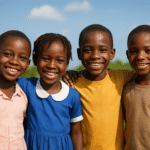
Policy Brief: Building Resilience in the Girl Child through Gender-Complementary Approaches
February 8, 2025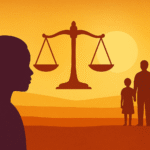
Social Capital and the Resilient Girl Child: Structural Determinants of Safety, Character, and Agency
November 5, 2025Overcoming Domestic Violence in Uganda: Breaking the Silence for All Victims
A legal and social perspective on breaking the cycle of domestic violence through prevention, justice, and inclusive survivor support.
Reference Framework: Informed by Uganda’s Domestic Violence Act 2010, the Uganda Demographic and Health Survey 2016, the Uganda Police Annual Crime Report 2022, and recent academic research, this analysis offers a balanced and evidence-based approach to addressing all forms of domestic abuse in Uganda and across Sub-Saharan Africa.
Executive Summary
Domestic violence is a hidden crisis in Uganda and across Sub-Saharan Africa. It’s not just about physical harm—emotional and psychological abuse devastate lives too, affecting both women and men. This article digs deep into the causes rooted in culture, economy, and power. It sheds light on legal gaps and the stigma survivors face, especially men who suffer in silence. The solution? Stronger laws, early education, community action, and support for all victims. Ending domestic violence means creating safe homes where dignity and respect thrive for everyone.
Domestic violence continues to be one of the most widespread and under-reported human rights violations across Sub-Saharan Africa, including Uganda. While the global narrative often focuses on violence against women — and rightly so — there is growing evidence that domestic violence affects both men and women. Women can also be perpetrators, especially in forms such as psychological and emotional abuse. To break the cycle of violence, we must look at the root causes, acknowledge the varied forms of abuse, strengthen law enforcement, and support all survivors, regardless of gender.
Domestic violence is not limited to physical and sexual abuse. It includes: -
- Physical abuse: Beating, slapping, kicking, or use of weapons.
- Sexual abuse: Marital rape, coercion, denial of sexual rights.
- Psychological/emotional abuse: Insults, humiliation, gaslighting, manipulation, threats, and isolation.
- Economic abuse: Control over income, denial of financial support, or employment sabotage.
Psychological Abuse: The Silent Epidemic
Although less visible, psychological violence can have long-lasting effects on a victim’s mental health and dignity. Studies have shown that women are often the primary perpetrators of emotional abuse, particularly in verbal degradation, emotional manipulation, and isolation tactics within intimate relationships. In Uganda, emotional abuse was reported by 31% of ever-married women and 22% of ever-married men, according to the Uganda Demographic and Health Survey (UDHS) 2016. While women are more likely to report it, men under-report due to stigma and fear of ridicule.
Root Causes in the African Context
Some of the key drivers of domestic violence in Uganda and similar contexts include:
- Patriarchal norms that normalize male dominance or justify abuse.
- Economic dependence and unemployment, leading to power imbalances and household stress.
- Cultural beliefs and bride price practices, which treat women as property.
- Early exposure to violence among children, normalizing it in adult relationships.
- Limited mental health services, allowing untreated trauma to fester.
The Legal Framework in Uganda: Is It Enough?
Uganda's main legal instrument for combating domestic violence is the Domestic Violence Act of 2010. This law:
- Recognizes physical, sexual, verbal, emotional, and economic abuse.
- Provides for protection orders, emergency relief, and court-directed intervention.
- Mandates police and courts to treat domestic violence as a serious crime, not a private matter.
Legal Challenges:
Despite a strong law on paper, enforcement remains weak:
- Low reporting and prosecution rates: Most victims, especially men, do not report cases.
- Police trivialization: Cases are often dismissed as “family matters.”
- Lack of shelters and support services: Especially for male survivors.
- Weak evidence for psychological abuse: Emotional violence is difficult to prove in court.
- Social stigma: Victims are often blamed or discouraged from seeking justice.
In 2022, Uganda Police recorded 17,698 cases of domestic violence, but experts say many more go unreported—particularly emotional abuse and male victimization.
Prevention: The Role of Early Education and Gender Equality
Childhood education: Teaching empathy, respect, and conflict resolution in schools can stop the cycle of violence early.
Gender-sensitive parenting: Both boys and girls must be raised to value equality, self-control, and healthy communication.
Community outreach: Engaging elders, religious leaders, and cultural influencers is key to challenging harmful norms.
Mental health access: Counseling and rehabilitation for abusers (male or female) can reduce repeat offenses.
Supporting Survivors of All Genders
Legal aid: Affordable or free services must be available, especially in rural areas.
Safe houses: While most shelters support women, facilities for men are virtually nonexistent and urgently needed.
Anonymous reporting platforms: Helplines, SMS-based reporting, and online portals help survivors speak out safely.
Rehabilitation for perpetrators: Anger management, therapy, and restorative justice programs can stop cycles of violence.
Changing the Narrative: Men Can Be Victims Too
Although women are more likely to experience physical and sexual violence, research and field reports show men are more vulnerable to psychological and emotional abuse—particularly from intimate female partners. These experiences are silenced by shame, mockery, and lack of institutional support. A 2023 study by the Makerere University School of Psychology found that over 28% of men in urban areas had experienced psychological abuse in a relationship, but only 6% sought help.
Conclusion: A Call for Inclusive Action
To overcome domestic violence in Uganda and the wider Sub-Saharan region, we must:
- Enforce the Domestic Violence Act effectively and equally.
- Train police, health workers, and magistrates to recognize all forms of abuse, including psychological.
- Address stigma and support both male and female victims.
- Provide mental health and rehabilitation services for perpetrators and survivors.
Create a culture of prevention, accountability, and empathy. Domestic violence is not just a “women’s issue.” It’s a human issue. And everyone deserves to feel safe in their own home.

About the Author
Rehemah Namujehe Mujoma is a Ugandan legal practitioner and gender justice advocate with over 15 years of multidisciplinary experience spanning law, governance, policy development, and grassroots empowerment. She holds a Master of Arts in Diplomatic Studies from the University of Leicester and a Certificate in Political Education & Leadership Development. Drawing from her academic training in diplomacy and international law, she critically engages with structural inequalities and the policy frameworks that shape them. Her work focuses on legal and social transformation, with a strong emphasis on gender balance, youth inclusion, and institutional accountability in Africa and other Global South contexts. Rehemah’s advocacy interrogates dominant narratives of empowerment, especially where global agendas overlook the interdependence between the girl child and the boy child in sustainable development. Her writing is informed by lived experience, field-based insight, and a commitment to building resilient, inclusive societies through evidence-based, values-driven policy dialogue.
Join the Conversation / Support This Work
Be part of a movement that believes in complementarity—not competition—in building resilience for the next generation.


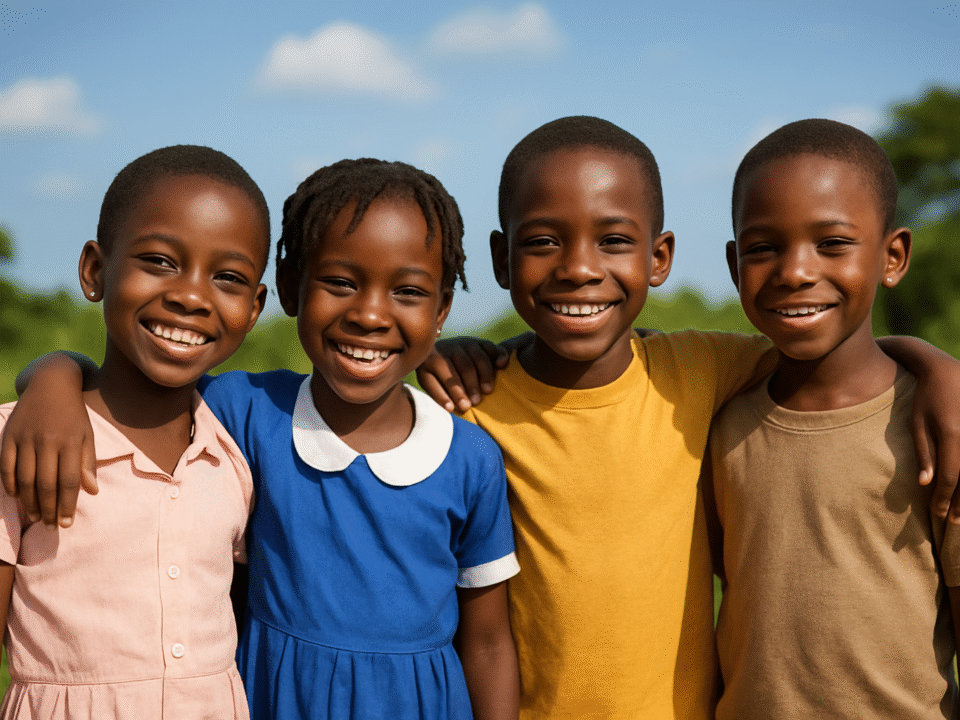
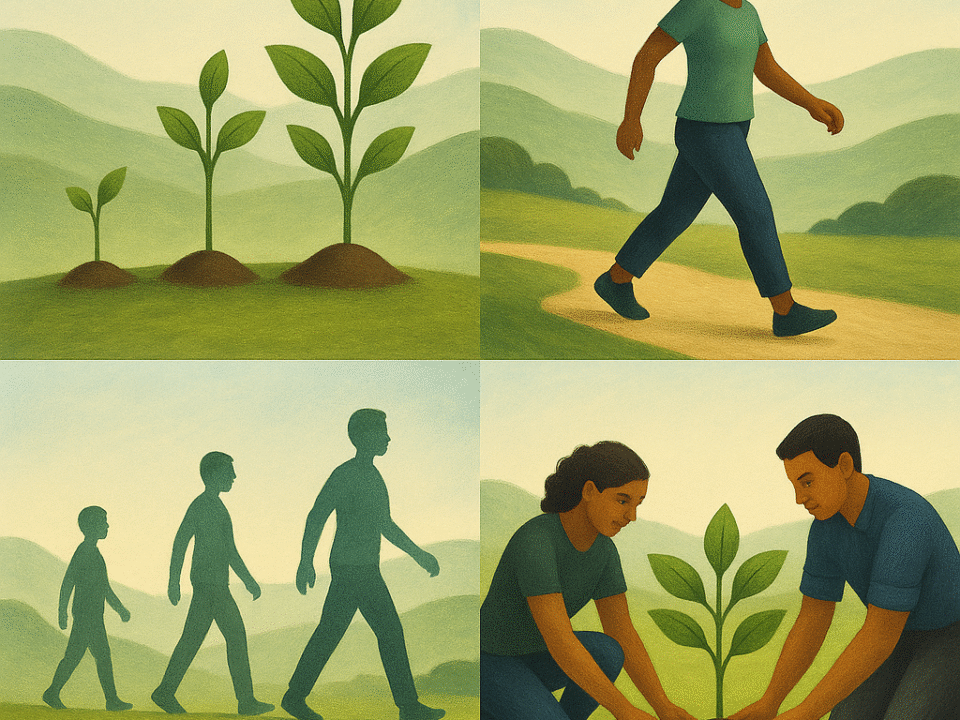
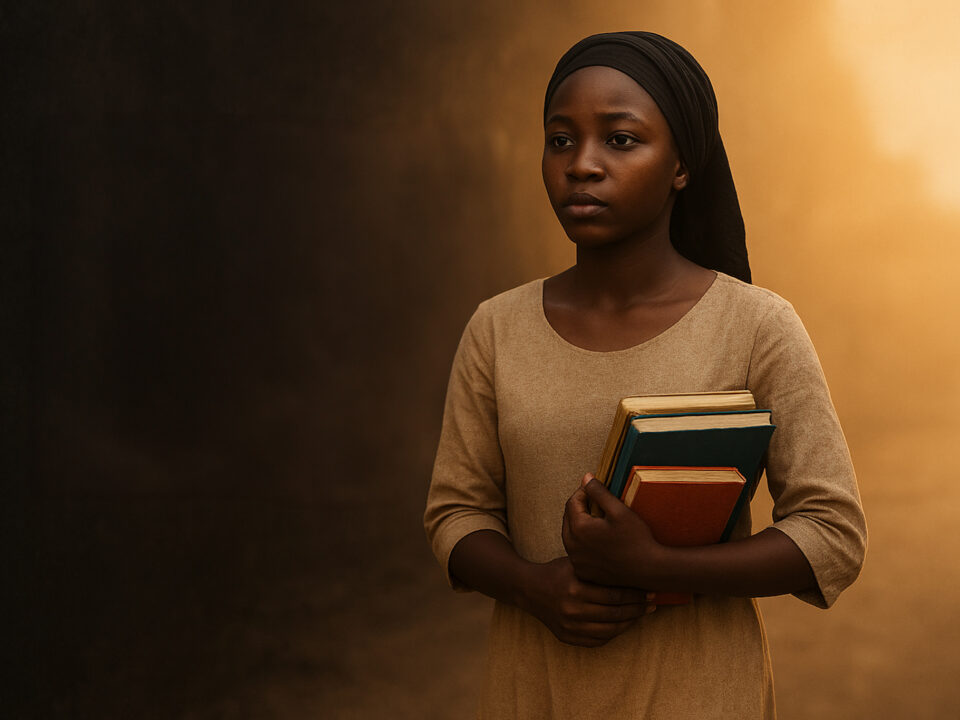
2 Comments
Solid article!
Oh my goodness! an incredible article!